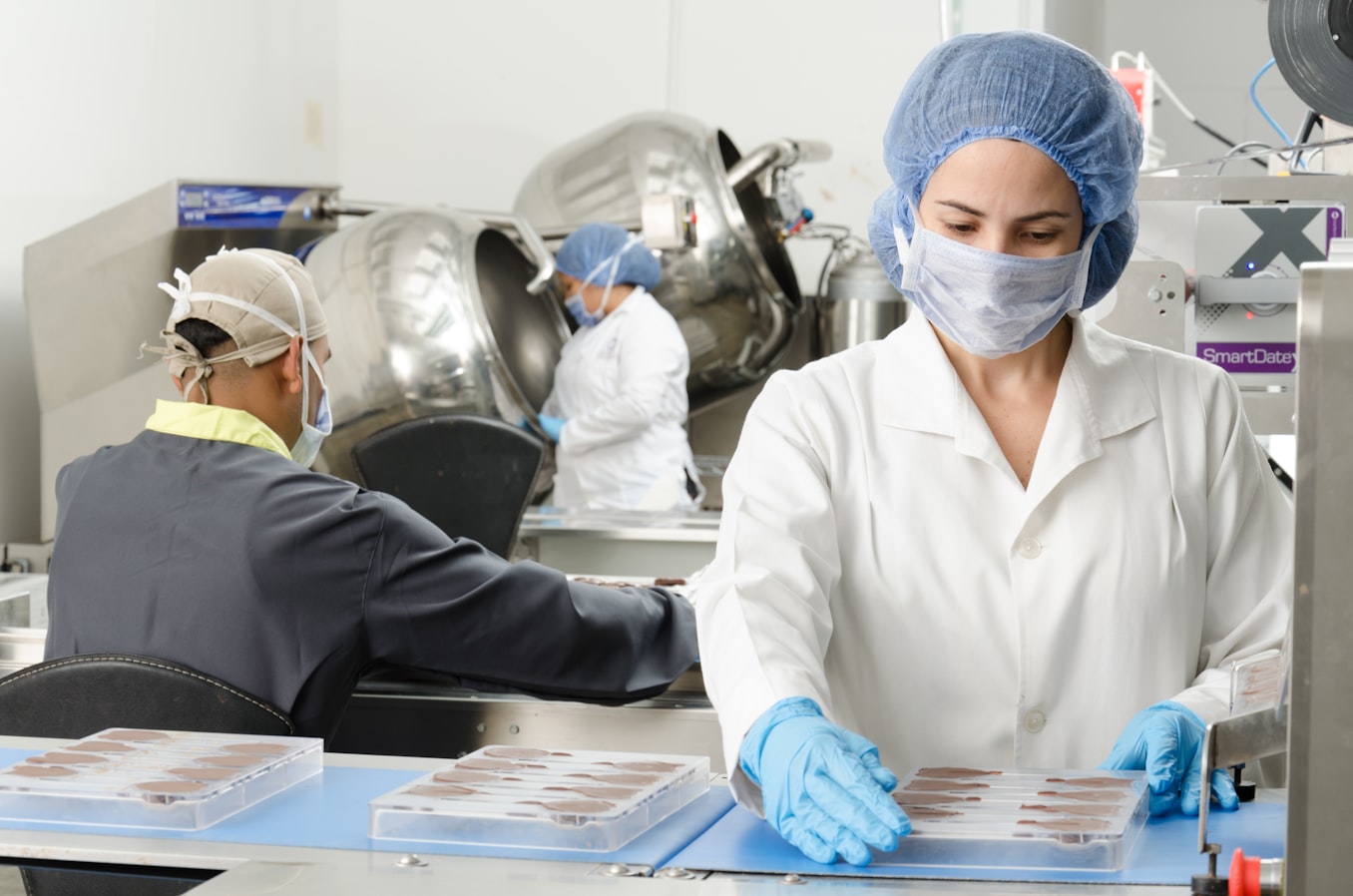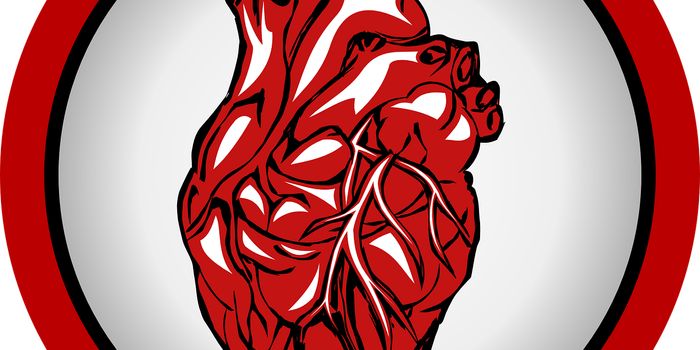Treating Drug-Resistant Acute Lymphoblastic Leukemia
New therapeutics may have helped improve survival rates for acute lymphoblastic leukemia patients but some patients still remain unresponsive to existing treatment regimens. To make matters worse, drug resistance is not the only concern--the risk of drug-related toxicities among patients has pushed researchers to seek safer and effective therapeutics.
Now, scientists from Case Western Reserve University School of Medicine have developed a novel combination treatment regimen that enhances immune system function and improve the ability to kill leukemia’s that do not respond to standard protocol treatments. Findings were published in Cancer Immunology Research and describes the use of mouse models to illustrate how an antibody attaches to a specific protein on the cell surface of acute lymphoblastic leukemia cells and creates a bridge by attaching to a natural killer that quickly works to eradicate the cancer cell.
"If we started to treat mice with the antibody early during disease development, leukemia was almost eradicated by this treatment method; however, if treatment was administered late when the tumor had grown and established its own microenvironment, the antibody alone was less effective," said Parameswaran, who is also a member of the Case Comprehensive Cancer Center and a St. Baldrick's Scholar. "There was a clear negative effect of the tumor microenvironment on natural killer cell killing capacity," Parameswaran said. "So, we added a TGF-beta receptor inhibitor to our antibody treatment regimen."
Watch this video below to learn more on acute lymphoblastic leukemia:
The treatment uses BAFF-R antibody, which attaches to the BAFF-R protein on cancer cells. The antibody is currently being used to treat autoimmune diseases and rheumatoid arthritis in two clinical trial studies.
"We looked at BAFF-R expression in a small group of 16 patients and all of them expressed this receptor. It's promising as a therapeutic avenue for late-stage disease" Parameswaran said. Data from larger patient sets will help us draw a definitive conclusion."
Source: Case Western University
-
MAY 07, 2024Is It Anti-RNP or Anti-Sm/RNP?
- See More
-
APR 30, 2024Immuno-Oncology Virtual Event Series 2024
-
MAY 07, 20243rd International Biosecurity Virtual Symposium
-
JUN 06, 2024The Future of Scientific Conferencing
- See More


















































